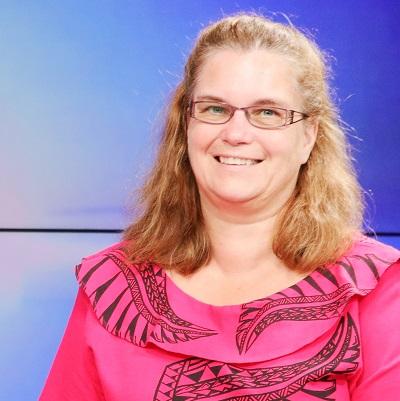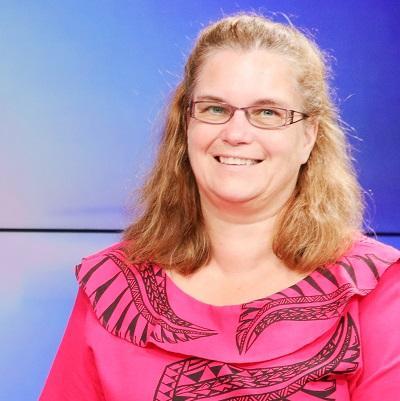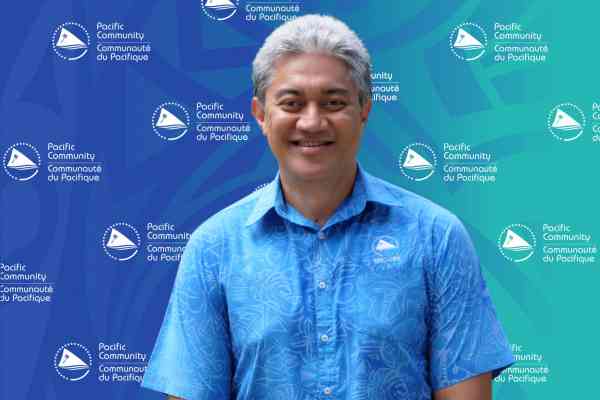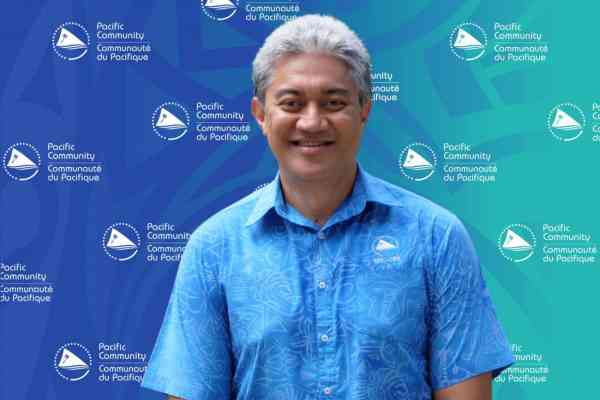 As we gather for our third virtual PBEQ meeting, I can’t help but reflect on the changes in the world around us that continue to shape our lives and our work in ways we wouldn’t have thought possible only a few short years ago.
As we gather for our third virtual PBEQ meeting, I can’t help but reflect on the changes in the world around us that continue to shape our lives and our work in ways we wouldn’t have thought possible only a few short years ago.
Planning is critical to success but flexibility and the willingness to revise plans is critical to meeting real needs. At EQAP we celebrate the fact that we have been able to work with each member country to review needs and priorities at regular intervals and revise work plans accordingly, adjusting our collective plans to postpone those activities that can and should wait while adding in activities that address emerging priorities.
In 2021 we began the year with an optimistic work plan that pictured an end to pandemic restrictions. Over the course of the year about 20% of those activities were postponed, in part based on the feedback we heard from countries in terms of internal capacity as staff were stretched to the limit in 2021. We have been able to be responsive to changing situations and attend to ad hoc requests throughout the year, often through a dialogue that results in deferral of a planned activity to address an emergent need. Overall, EQAP was able to deliver on 79% of initially planned activities as well as several that were added as the year progressed.
EQAP’s work is aligned to a four-year business plan that is organized into four broad outcomes, each of which encapsulates several distinct streams of work. Outcome one focuses on use of information for policy development and implementation, planning, and management and includes education statistics, EMIS, policy and PILNA. In 2021, Outcome 1 was supported with 43% of the overall budget.
Outcome two focuses on increasing and improving the assessment of students’ performance against curricula, including curriculum review and accounted for 14% of the budget in 2021.
Outcome three, around increasing the use of recognised quality assured qualifications, accounted for 20% of the budget dedicated to qualifications work as well as all of the South Pacific Form Seven Certificate work.
Outcome four is focused on sustaining and strengthening EQAP to be recognised internationally as a leader and source of knowledge and expertise in education in the Pacific. In 2021, 23% of the budget was invested in enhancing the capabilities of its people, implementing the PacREF, engagement and collaboration with education stakeholders, the upgrade of the workplace for virtual meetings and providing technical advice to other SPC divisions.
There is nothing as valuable as talking to one another to understand the priorities, opportunities and challenges we face. Regular communication with officers in the ministries of education and our Zoom planning sessions with each PS/CEO and relevant team members allow us to better understand and be responsive to member needs. While it has been a necessity to communicate virtually these last two years, perhaps we have hit on a process that will continue to add value even once we have more freedom of movement.
In addition to using Zoom for meetings, the EQAP team is becoming very proficient at using a variety of modalities and as the situation changes, we are getting much better at delivering fully virtual events as well as hybrid events. We have been able to include far more country participants in workshops and training sessions by convening groups of participants in venues in member countries and providing support through collaboration in-country as well as virtual leadership. The opportunity to provide ongoing support and training over several days or weeks as opposed to during a single, intensive workshop has many benefits for participants to apply what they are learning about and to embed that learning in their daily practice. We have been able to use a variety of tools to enhance online experiences including learning platforms and collaborative working environments that go beyond a standard MS Teams or Zoom meeting.
On the other hand, we have noted that participants in online trainings miss out on the informal networking and learning that takes place when a group engages in face-to-face training. For accredited training that has evaluation and certification at its conclusion, we have noted that the completion rate for online programs is significantly lower than when we offer the same type of course in a face-to-face environment where participants are dedicated for two weeks. One persistent challenge that we face is the difference across member states in terms of reliable access to technology that permits a high-quality participatory experience in virtual and hybrid events.
With the full start-up of work under the PacREF, I have learned that it is critical to maintain a balance between national and regional priorities. In 2021, our work was split almost equally between country-specific work and regional efforts. Planning to ensure that everyone’s needs are met is becoming a very time-consuming effort as regional and national education sector groups are also trying to plan with ministries.
With the increase in communication among stakeholders, we realize that there are many different organizations, projects and programmes all working towards the same outcomes across the region. It is no accident that the heads of system and the ministers landed on the four PacREF policy areas of Quality and Relevance, Learning Pathways, Student Outcomes and Wellbeing and the Teaching Profession, areas that are also reflected in the EQAP business plan. Time and again we are invited to hear about a new or progressing effort that hits on one or more of those same priorities Although working together may take more time, it yields infinitely better results for everyone by building on each other’s strengths and eliminating duplication while preventing potentially conflicting efforts.
The strength of what EQAP does lies in its people and with the challenges of the pandemic, the demand on our time has grown even while our ability to work efficiently has been impacted. To help address some of the challenges, we have recruited in-country EQAP officers in two countries and are in the process of recruiting a third. These are EQAP staff who sit in the Ministry of Education and support EQAP work as well as being available to the ministry when needed. We see this approach as being a sustainable way to increase our capacity to support members with staff who are knowledgeable about the local context and can support EQAP work with countries throughout the year, not just during scheduled country visits.
Partnerships are a fundamental part of how EQAP operates and have been since 2018 when the 5+5 year program design for EQAP came into effect. This year we celebrated the milestone of signing a second three-year funding agreement with New Zealand MFAT based on that partnership design and completed a midterm review of the business plan that credits the partnership design with making it possible for EQAP to work flexibly, responsively and sustainably in the face of the many disruptions that countries have faced over the past year. Our ongoing technical partnership with the Australian Council for Educational Research continues to enhance both our work and our own technical capacity. We have been exploring a partnership with New Zealand and the NZQA in conjunction with the PacerPlus project in the region and continue to work in partnership with the UNESCO Institute for Statistics in the education data area.
In spite of all the many areas in which we work across multiple countries, we learned from feedback at the last PBEQ, at the Ministers meeting and at the Pacific Heads of Education Systems meeting that who we are and what we do is still a well-kept secret. This was also a point of discussion when meeting with MFAT around the new funding agreement. In 2021 EQAP worked with the SPC Corporate Communications team to develop a Communications and Visibility strategy for the division and as well, recruit a Communications and Visibility officer to lead that work, supported by our communications assistant.
Looking back at the past year has been a great opportunity to reflect on what we have accomplished and to get a sense of where we could learn from our efforts and do even better in the coming year. We are looking forward to taking the results of the midterm review of the business plan and consult with all of you as we develop our next business plan for 2023-2026 and also to working with Australia DFAT to look at the next phase of our partnership. We are excited to envision a year ahead that may see more opportunities for face-to-face interaction. Still, we must ask ourselves what is sustainable once travel opens up and how can we retain some of the benefits of wider inclusion and less time away from home and family that comes with virtual engagement? Whatever that might look like, I know that the coming year will be both exciting and rewarding as we continue to work together with all of you and we look forward to all of those opportunities. Thank you.



